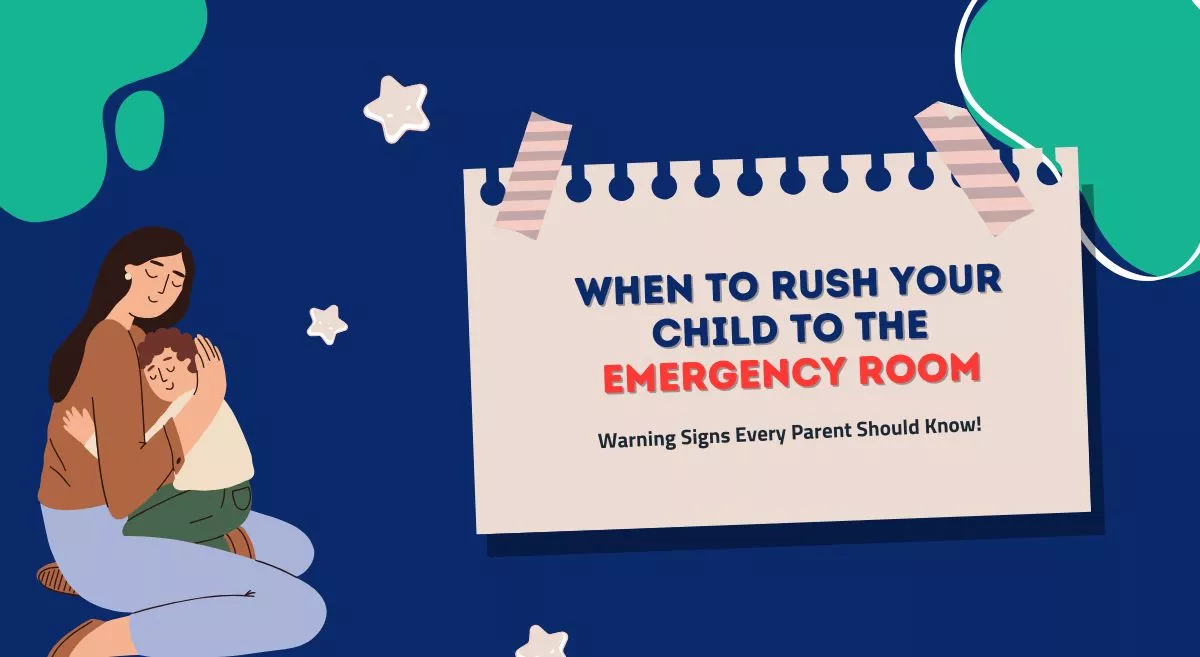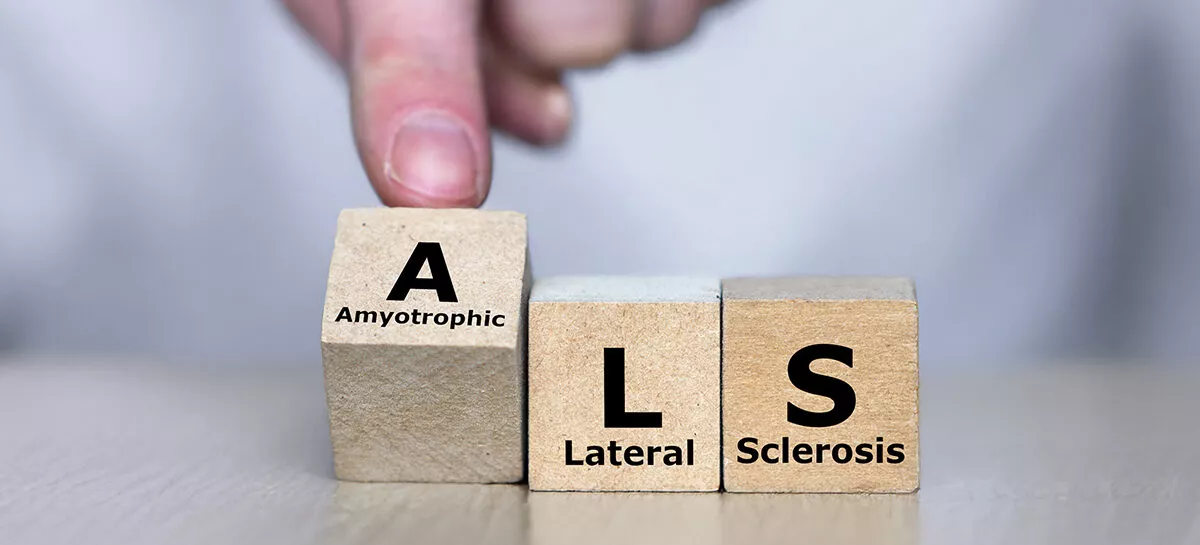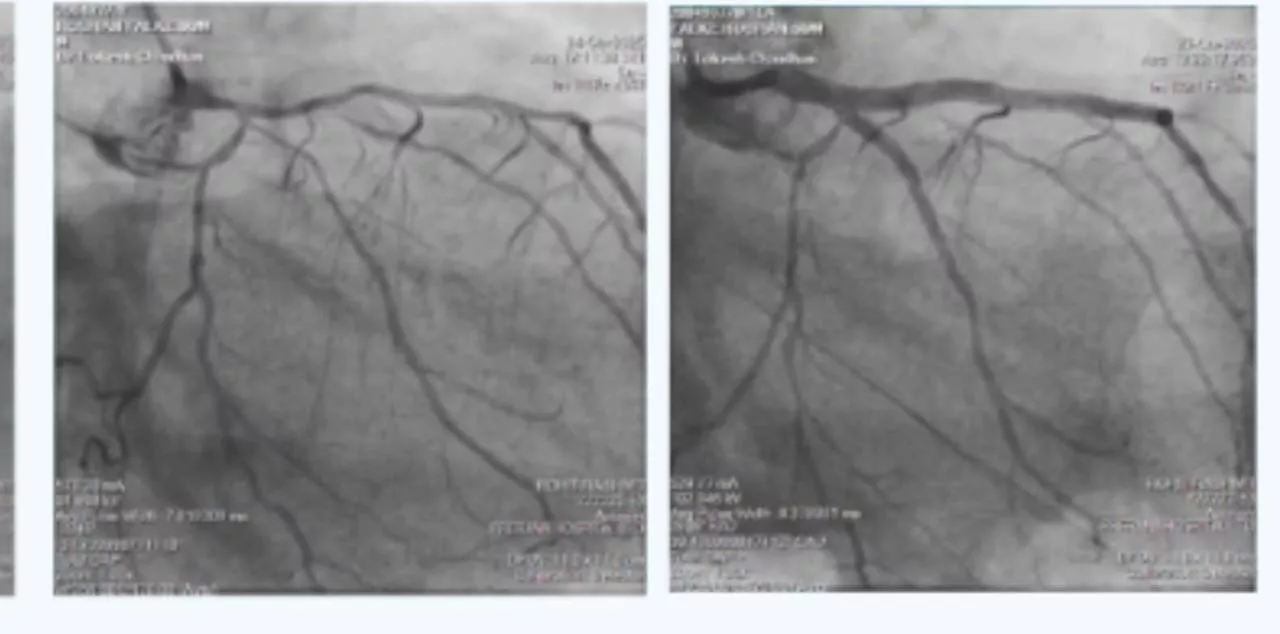Being a parent means making daily decisions to keep your child safe and healthy. But there are times when the signs aren’t so clear—and recognizing the difference between a minor illness and a true emergency can be life-saving. In pediatric care, time is often critical. Knowing when to act fast and head to the Emergency Room (ER) is essential for every parent or caregiver. For families in Hebbal, Bangalore, finding a reliable Child Care Hospital in Hebbal Bangalore can provide peace of mind in these urgent situations.
Recognizing a Pediatric Emergency: The Critical Warning Signs
While not every fever or cough requires a trip to the ER, certain symptoms should never be ignored. Here are some red flags that signal a need for immediate medical attention:
1. Difficulty Breathing
- Rapid, labored, or noisy breathing
- Flaring of the nostrils or chest retractions
- Lips or fingertips turning blue, dullness and lethargy
These signs may indicate a respiratory emergency such as asthma exacerbation, bronchiolitis, or pneumonia.
2. High Fever in Infants and Children
- Any fever in a baby under 3 months old
- Fever above 104°F (40°C) in older children
- Fever accompanied by seizures, rash, stiff neck, difficulty waking, or persistent vomiting
Fevers can escalate quickly in children and may point to underlying infections or neurological concerns.
3. Unresponsiveness or Seizures
- Sudden loss of consciousness
- Seizures lasting more than 5 minutes or occurring for the first time
- Difficulty waking after a seizure
Neurological symptoms should always be evaluated without delay.
4. Severe Injuries or Uncontrolled Bleeding
- Head injuries from falls or accidents
- Cuts that won’t stop bleeding with pressure
- Broken bones or suspected fractures
Early medical evaluation helps avoid complications such of head injury, internal injury, deformity or infection.
5. Signs of Dehydration
- No urine for over 8 hours or persisting vomiting
- Dry mouth, sunken eyes, lack of tears when crying
- Lethargy or weakness
Dehydration can rapidly become serious, especially in infants and toddlers.
6. Poisoning or Ingestion of Harmful Substances
- Swallowing medications, chemicals, or unknown substances
- Sudden vomiting, drowsiness, or abnormal behavior following ingestion or any ingestion which is not prescribed to the child
Call emergency services and head to the ER immediately.
Why Aster CMI Hospital’s Pediatric Emergency Department is the Right Choice
At Aster CMI Hospital, Bangalore, pediatric emergencies are managed with the urgency, sensitivity, and expertise they demand. Our Pediatric Emergency Department operates round the clock, equipped with state-of-the-art facilities and a team of dedicated pediatric emergency specialists. Our team of Paediatricians & Neonatologists in Hebbal Bangalore ensures every child receives specialized attention, tailored to their unique needs.
We understand that children aren’t just small adults—they require specialized care. That’s why our unit is tailored to meet the unique physiological and emotional needs of children. From resuscitation to rapid diagnostics and child-friendly spaces, Aster CMI ensures that both children and their families feel safe and supported.
Our Child Life Services team also plays a vital role in reducing anxiety for young patients and families through compassionate communication, play therapy, and emotional support.
Conclusion
Parents know their children best—but in moments of uncertainty, it’s always better to be prepared on the side of caution. If your child shows any of the above symptoms, do not wait. Visit a trusted pediatric emergency department like the one at Aster CMI Hospital for immediate and specialized care.





